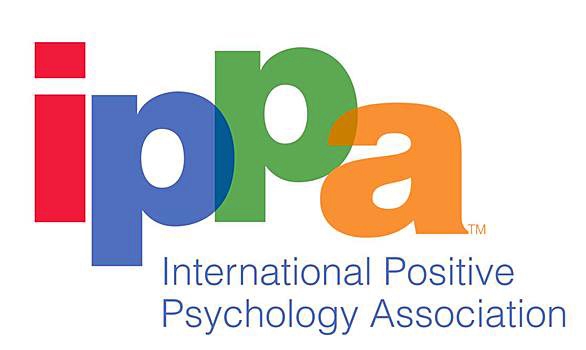
Bill Gates made his third commencement speech recently, and offered this advice for the new graduates, “You are never too smart to be confused. Ask for help.”
How many of us feel we should know or understand something and go out of our way to avoid asking for help? While writing this I’m teaching a two-day class, and one of my participants commented this morning that the best advice he’d ever received was to keep asking, and then ask again.
Being confused (defined as being perplexed by Websters) can actually be a good thing. That means we are going outside our scope of knowledge, or at the very least where we’re comfortable. Getting others’ expert opinions and advice may exponentially shorten our learning curve and offer additional solutions, and it starts with deciding it’s OK to be a little confused and not have all the answers.
Have you ever felt confused or unsure and failed to ask for help? When I was a reporter years ago my idea was always to fake it when I didn’t know the answer, and just figure it out. It worked some of the time but at other times it would create big problems because I’d bug my colleagues to give me answers once I’d smugly assured my boss I knew what to do when he’d asked. I was afraid I’d look foolish if I admitted needing help, and now in my older wisdom I realize how foolish I looked by not asking.
Create an environment where it’s not only wise, but valued to ask for help, and acknowledge we can’t be great at everything. It’s not how smart we are, it’s how we are smart. This creates a space where everyone feels just fine in being honest, open and motivated to learn. Sounds like a great work environment, doesn’t it?


